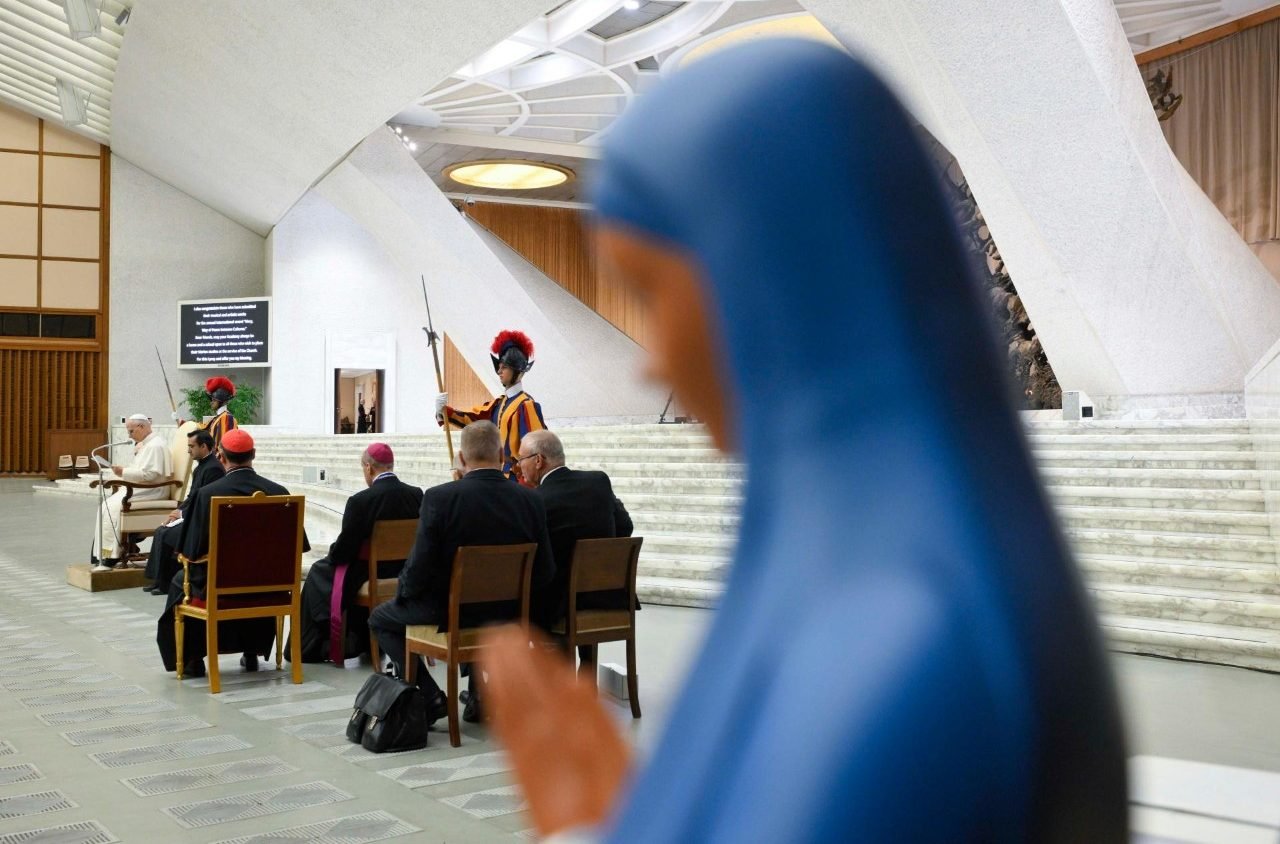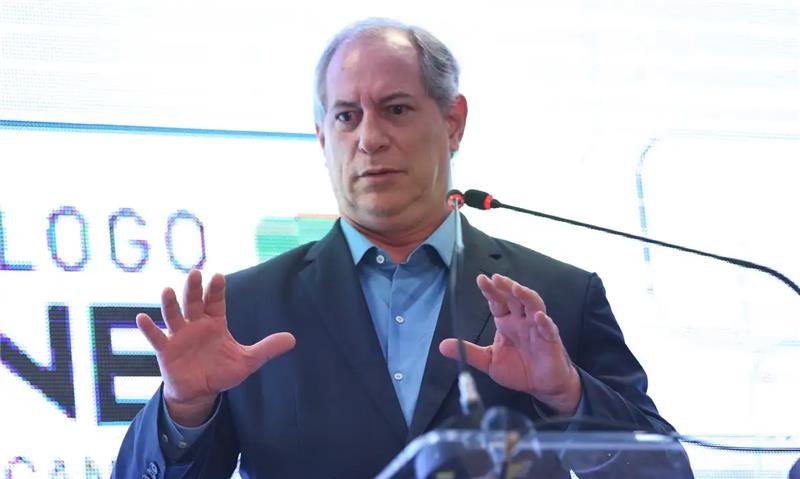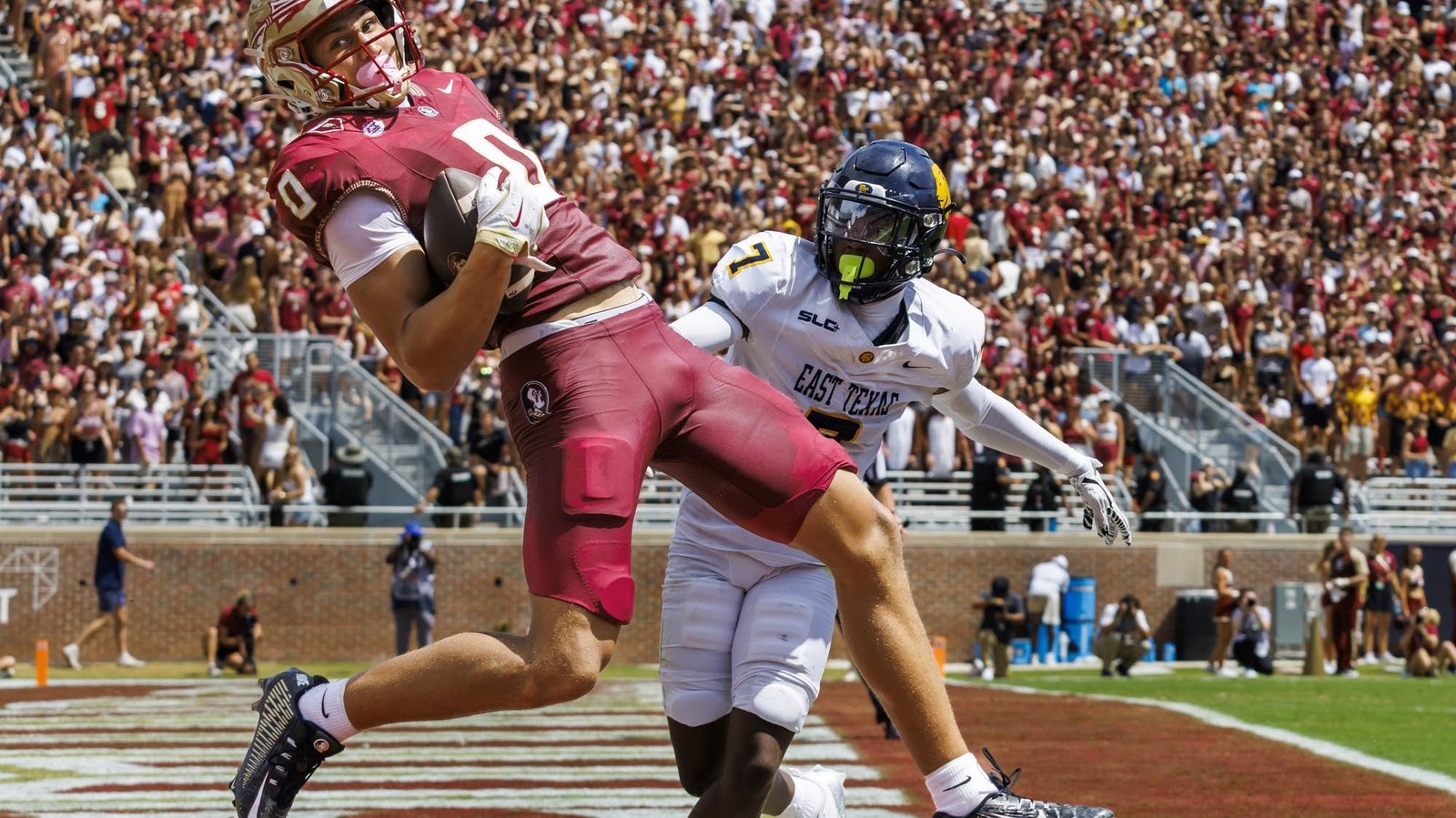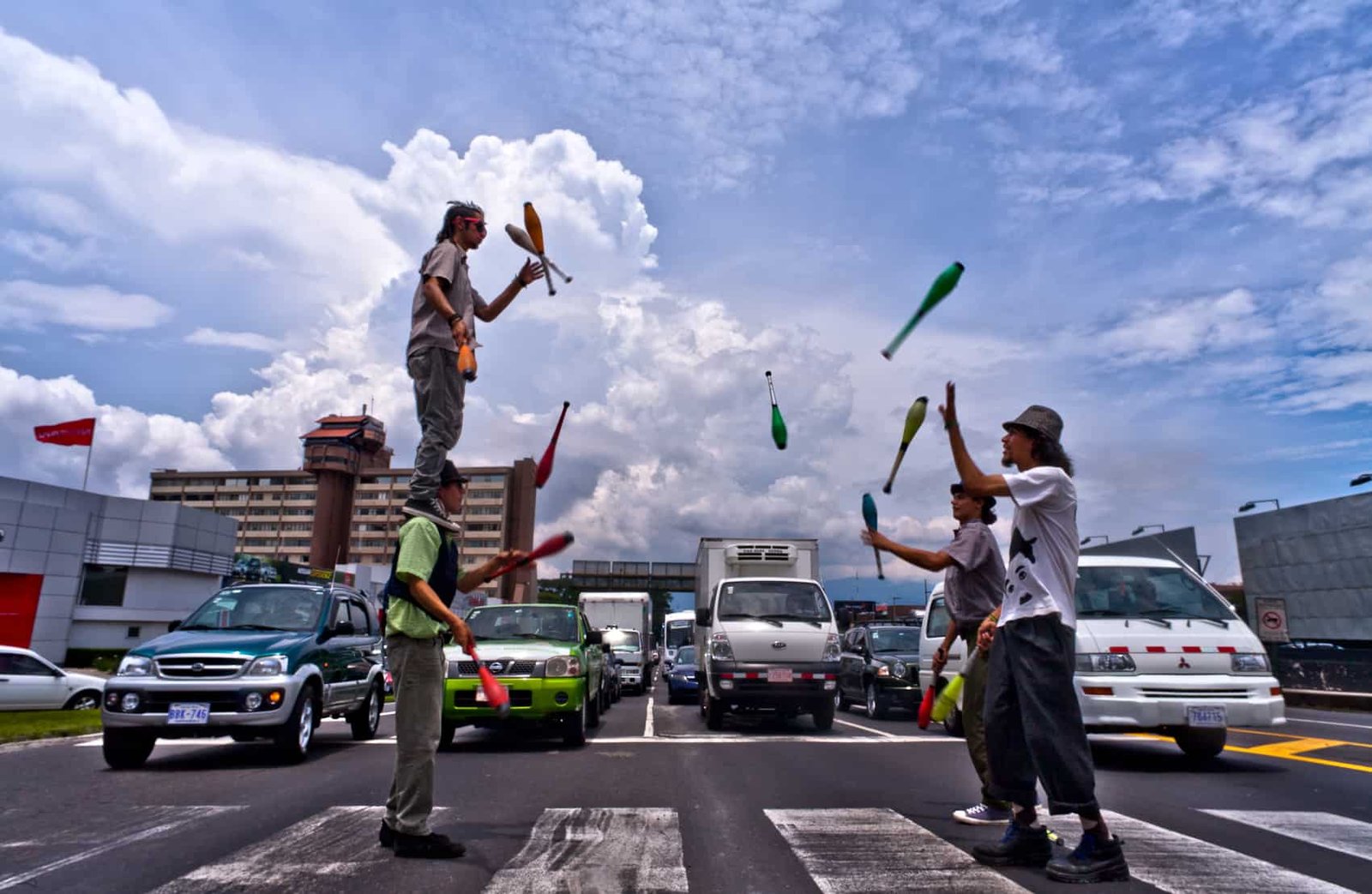Pope Leo concludes the 26th International Mariological Marian Congress with a speech in the Paul Audience VI Hall, stressing that the Virgin Mary continues to open doors, build bridges, tear down walls, and help humanity live in harmony amid diversity.
By Daniele Piccini
“Contemplating the mystery of God and of history through the inner gaze of Mary shields us from the distortions of propaganda, ideology, and toxic information—none of which can ever offer a word that is both unarmed and disarming. Mary’s gaze opens us instead to divine grace, the only true path to enable people, nations, and cultures to walk together in peace.”
By highlighting how listening to the Word of God opens the Church to synodality, Pope Leo XIV summarized in his closing address the key themes and outcomes of the 26th International Mariological Marian Congress. The event, held in Rome at the Antonianum Auditorium from September 3rd to 6th, was organized by the Pontifical International Marian Academy.
Over four days, approximately 600 mariology scholars from across the globe explored the Congress’s theme: “Jubilee and Synodality: A Church with a Marian Face and Practice.”
Two Biblical categories
The Pope pointed out that the title of the Congress itself reflects two “biblical categories”—jubilee and synodality—which powerfully express the vocation and mission of the Mother of the Lord. In her, he said, “we can read the vocation of the Church itself.” Mary thus stands as a model for the Church. “The Virgin Mary, Mother of the Church,” the Pope said, “teaches us how to be the holy people of God.”
From this model, he added, arises the significance of the Pontifical Academy itself, which “rightly reminds us that the Church always has a Marian face and a Marian way of acting.”
A “Jubilee Woman”
Mary, explained Pope Leo, is a “jubilee woman” because she always begins anew from listening to the Word of God. She does so with the attitude described by St. Augustine in Book X of the Confessions—not by expecting a desired answer, but by choosing to desire what she hears from God. Like Mary, the Church must never grow weary of engaging in dialogue with God or of asking difficult, even unsettling questions—as Mary did at the Annunciation: “How will this come about?”
A “Synodal Woman”
Mary is also, the Pope said, a “synodal woman”, because she is “fully and maternally involved in the action of the Holy Spirit.” The Spirit always calls those who were once divided—whether by mutual distrust or even outright hostility—to walk together as brothers and sisters. Mary is the “perfect collaborator of the Holy Spirit,” he continued. She never ceases to open doors, build bridges, tear down walls, and help humanity live in peace and harmony amid diversity.
A Church with the face of Mary
From these two attributes—jubilee and synodality—flows the mission of a Church with a Marian heart. Such a Church, the Pope said, “continually deepens its understanding of the hierarchy of truths of the faith, integrating reason and emotion, body and soul, the universal and the local, the individual and the community, humanity and the cosmos.”
A Marian piety and practice, he emphasized, brings the Church’s charitable mission into concrete reality: taking seriously all aspects of human life, especially those of the poor and the marginalized.
Mary: A path for cultural dialogue
Before leading the assembly in the Ave Maria, the Pope thanked the Pontifical Academy for its valuable ecclesial service—presenting the image and message of the Mother of Jesus as a path of encounter and dialogue among cultures.






